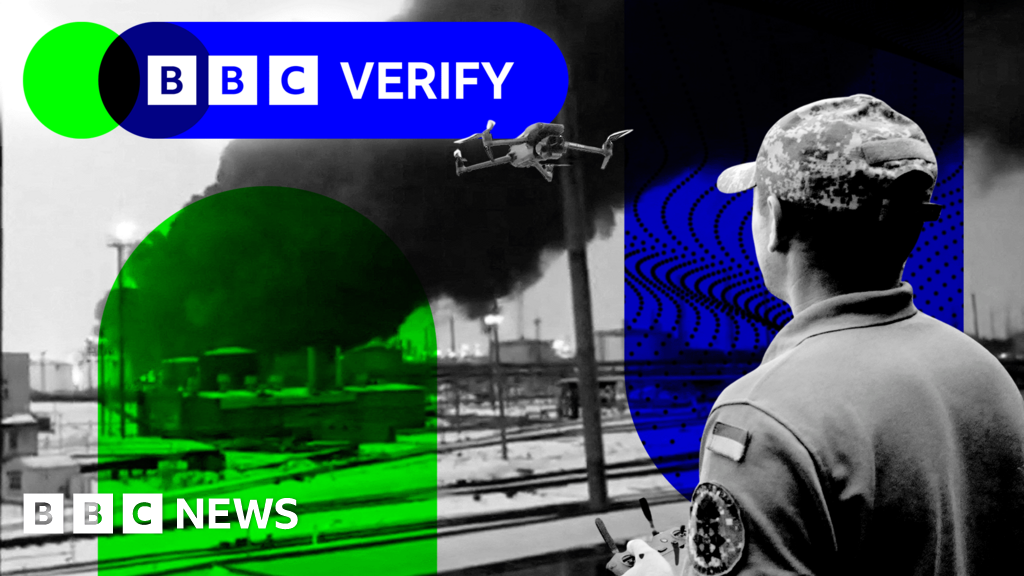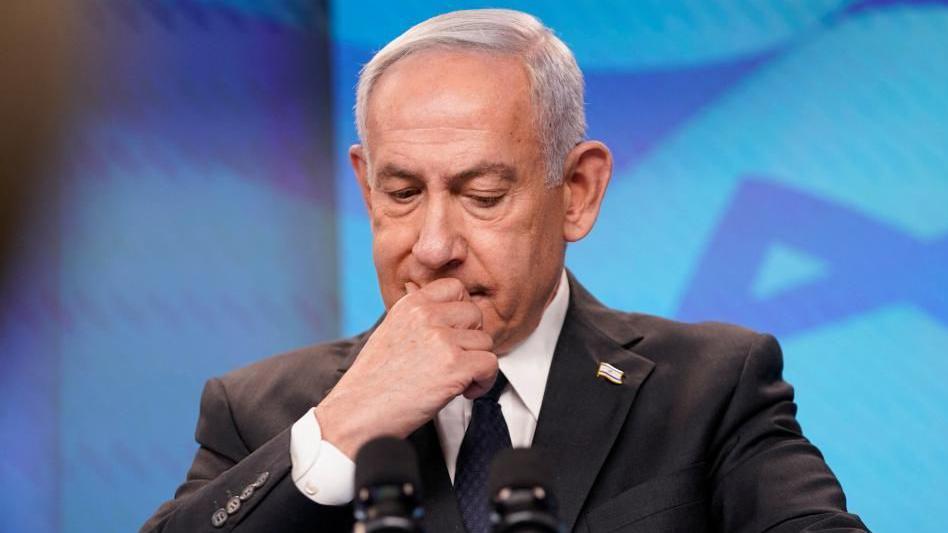Ukrainian Strikes on Russian Oil Refineries Trigger Fuel Shortages
Recent months have seen a surge in Ukrainian attacks targeting Russian oil refineries, leading to fuel shortages and price increases in some regions. These attacks, often using drones, have struck deep inside Russia, impacting both civilian supplies and military logistics.
Impact of the Attacks
Since January, 21 of Russia's 38 large refineries have been hit, with successful attacks surpassing the total for all of 2024 by 48%. Ordinary Russians are experiencing the consequences, with long queues at petrol stations and some garages suspending operations due to losses. President Volodymyr Zelensky has stated that damaging Russia's oil industry is crucial for forcing negotiations.
The SBU (Ukraine's Security Service) has confirmed carrying out drone strikes on the Salavat oil refinery in the Bashkortostan region, over 1,100km from the Ukrainian border. Facilities near Volgograd and the large Ryazan plant near Moscow have also been repeatedly targeted. The attacks target both refineries crucial for civilian supplies and those supplying troops fighting in Ukraine.
Analysis and Expert Opinions
Justin Crump, CEO of Sibylline, noted that Ukraine's focus on Russia's oil and gas industry indicates a settled "core campaign" driven by intelligence assessments. While Russia classified gasoline production statistics in May 2024, BBC Verify found that at least 10 refineries have partially or fully suspended operations since August. Reuters reported a decline in national production by as much as a fifth on certain days.
- Attacks target key refineries supplying both civilians and military.
- Fuel shortages and price hikes are reported in various regions of Russia.
- Russia has classified gasoline production statistics, making accurate impact assessment difficult.
Civilian Impact and Regional Disparities
Verified videos show long queues at petrol stations in the far east and on highways between St Petersburg and Moscow. Kremlin-installed officials have introduced gasoline rationing in occupied Crimea. Owners of small petrol stations in Siberia have been forced to shut down due to supply issues, comparing the situation to the hyperinflation of post-Soviet Russia.
Retail petrol prices have surged, with wholesale prices rising by 40% since January. While state-controlled media hints at drone strikes as a key factor, civilians in western Russia, including Moscow, appear largely unaffected. Kremlin spokesperson Dmitry Peskov claims the government is taking necessary measures, while Deputy Prime Minister Alexander Novak extended a partial ban on petrol exports to the end of 2025.
Long-Term Economic and Military Implications
The majority of Russia's oil exports are unrefined crude oil, which remain largely unaffected by the strikes. However, attacks undermine Moscow's ability to fund its war efforts, and if Western sanctions were strengthened on oil exports, the impact could be more significant. The Kyiv Independent reports market experts saying Russia's highly profitable diesel and gasoline exports are taking an unprecedented hit, also citing that there is a domestic energy crisis at play.
On Sept. 24, explosions were reported at the Salavat refinery, confirming Ukrainian drones were responsible. On the same day, Ukraine also attacked Russia's port of Novorossiysk. Benedict George, the deputy editor of Argus Media, said that as a result of the attacks, "Oil tracker data shows that Russia's diesel and gasoline exports have fallen 30%."
Ongoing Attacks and Uncertain Future
Ukraine's Armed Forces have continued strikes on Russian oil refineries, leading to further export restrictions. The strikes are causing fuel shortages and price increases in Russia and occupied Crimea. While the global impact remains limited, Russia's diesel exports are experiencing an "unprecedented hit." On Sept. 27, Ukraine's Armed Forces continued these attacks, this time targeting an oil pumping station in Russia's Chuvashia region. Oleksandr Syrskyi said "This is a fuel crisis in Russia, which directly affects logistics and the supply of its army." The long-term consequences for Russia remain difficult to foresee, but the short-term impact is evident.
 Visit the website
Visit the website






